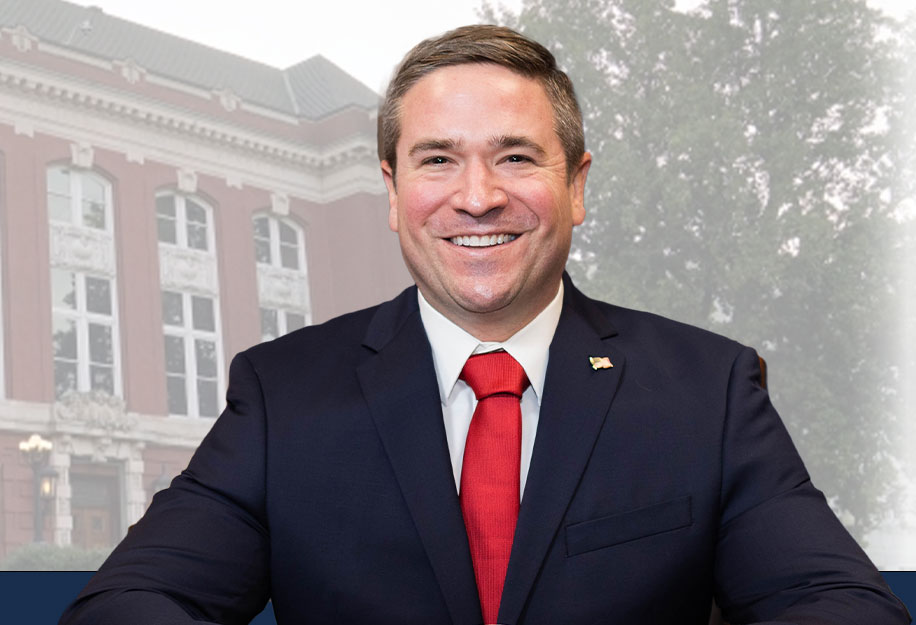
“Opioid abuse and addiction have reached near epidemic levels in Missouri. Allowing Missourians to safely dispose of unwanted or unneeded prescription pills is a step in the right direction to quelling the opioid crisis. Leaving unwanted or excess prescriptions in your medicine cabinet can increase the risk of accidental poisoning or overdose, or give teenagers or other household members easy access to prescriptions that aren’t theirs. I urge Missourians to gather up their excess pills and bring them to a Drug Take Back Day location where they can be safely gathered and disposed of.” – Attorney General Eric Schmitt
Missouri Attorney General Eric Schmitt is partnering with local healthcare agencies, law enforcement, and federal agencies to take back unwanted prescription drugs. On Saturday, April 27, from 10 a.m. to 2 p.m. representatives from the Missouri Attorney General’s Office will join the Missouri Western Interdiction and Narcotics Drug Task Force, Kansas City Police Department, Liberty Hospital, O’Fallon Police Department and the U.S. Drug Enforcement Administration for the 17th National Drug Take Back Day, an initiative that provides a safe place for Missouri citizens to rid their homes of potentially dangerous expired, unused, and unwanted prescription drugs.
Attorney General Schmitt and representatives from his office will be at Liberty Hospital, 2525 Glenn Hendren Dr., Liberty, MO 64068 and O’Fallon Justice Center, Police Department at 1019 Bryan Rd., O’Fallon, MO to help aid in the disposal of unwanted or unused prescription drugs. The service is free and anonymous, no questions asked. Please note that sites cannot accept liquids or needles or sharps, only pills or patches.
Last fall, Americans turned in nearly 460 tons (more than 900,000 pounds) of prescription drugs at more than 5,800 sites operated by the DEA and almost 4,800 of its state and local law enforcement partners. Overall, in its 16 previous Take Back events, the DEA and its partners have taken in almost 11 million pounds—nearly 5,500 tons—of pills.
This initiative addresses a vital public safety and public health issue. Medicines that languish in home cabinets are highly susceptible to diversion, misuse, and abuse. Rates of prescription drug abuse in the U.S. are alarmingly high, as are the number of accidental poisonings and overdoses due to these drugs. The Substance Abuse and Mental Health Services Administration’s National Survey on Drug Use and Health shows year after year that the majority of misused and abused prescription drugs are obtained from family and friends, including someone else’s medication being stolen from the home medicine cabinet.
In addition, Americans are now advised that their usual methods for disposing of unused medicines—flushing them down the toilet or throwing them in the trash—both pose potential safety and health hazards.
For a full list of participating locations in your area, please visit: https://apps.deadiversion.usdoj.gov/NTBI/NTBI-PUB.pub?_flowExecutionKey=_c852EDE58-E959-C07B-2110-8126AA371308_k0CEF1095-8B41-2ABE-130C-268334443A50

